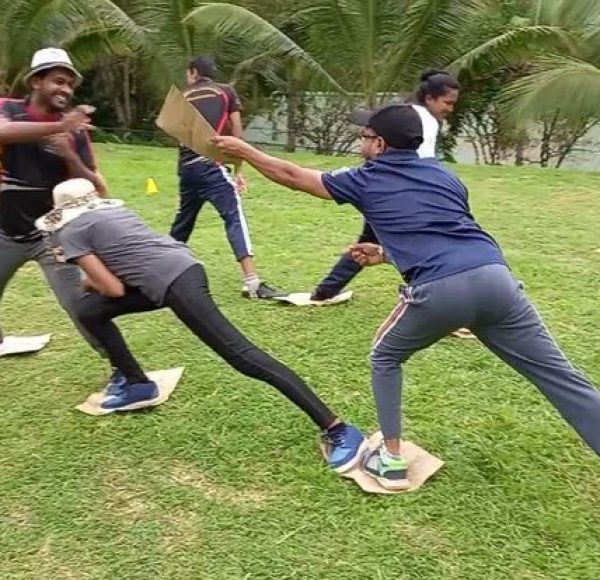
Outbound Team Building Activities
Outbound team-building activities are designed to improve communication, collaboration, problem-solving, and trust among team members by taking them out of the usual work environment. These activities often take place outdoors and involve physical and mental challenges that require participants to work together. Here’s an overview of common outbound team-building activities and their benefits.
For organizations seeking impactful experiences, corporate outbound training programs in Mumbai offer tailored solutions that foster teamwork, leadership, and personal growth through engaging, experiential learning activities.
For organizations looking to enhance team dynamics and performance, corporate outbound training programs in Mumbai provide structured, experiential learning opportunities that help teams build stronger relationships and achieve shared goals outside the traditional office setting.
Objectives of Outbound Team Building Activities

Enhance Communication
Improve interpersonal communication and understanding among team members

Build Trust
Foster trust and reliability within the team.

Promote Collaboration
Encourage teamwork and cooperation to achieve common goals.

Boost Morale
Increase motivation and morale through fun and engaging activities.
Outbound Team Building Activities
Obstacle Courses
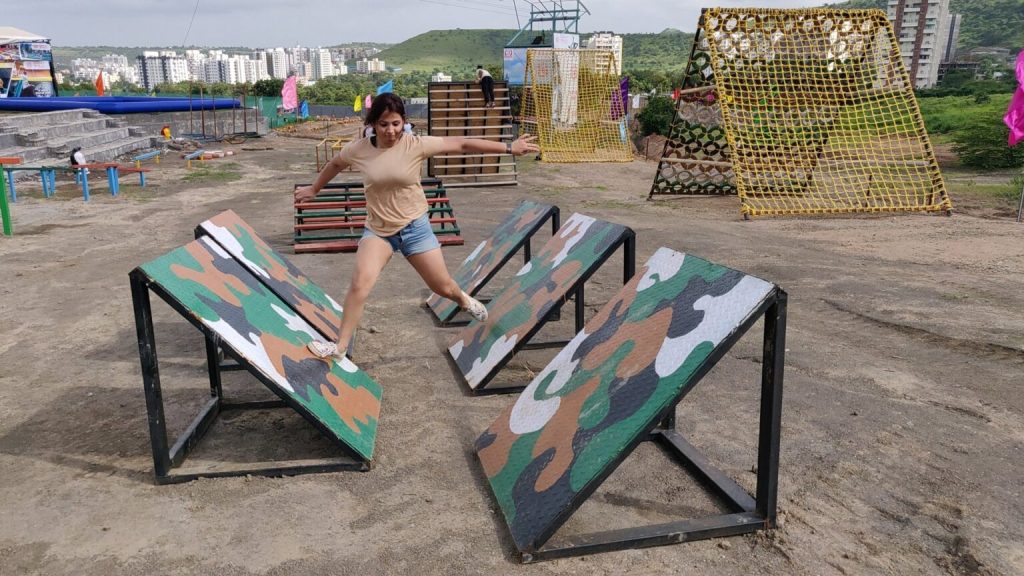
Teams navigate through a series of physical challenges that require teamwork, such as climbing walls, crawling under nets, and balancing on beams.
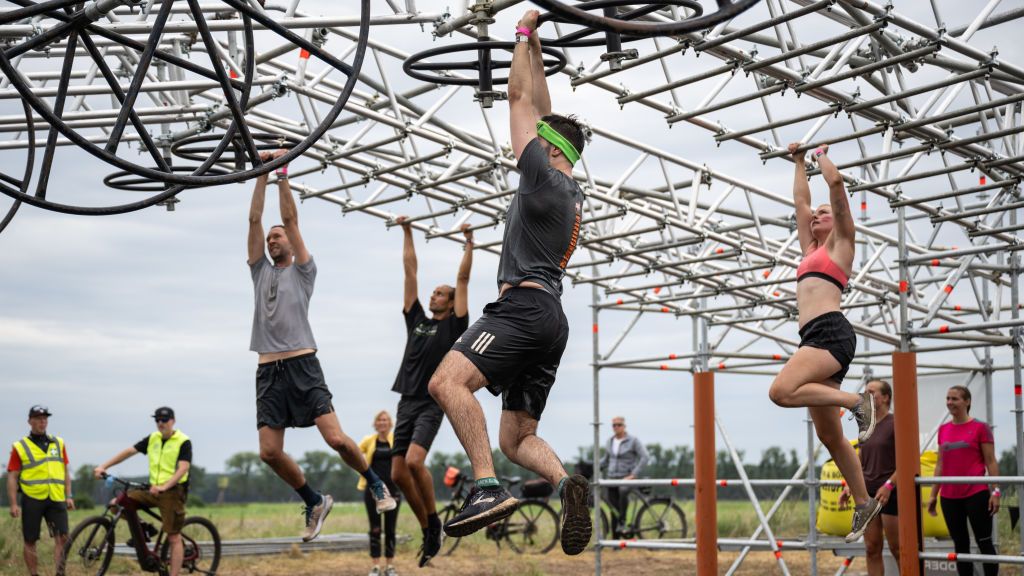
Enhances physical fitness, coordination, and collective problem-solving.
Treasure Hunts
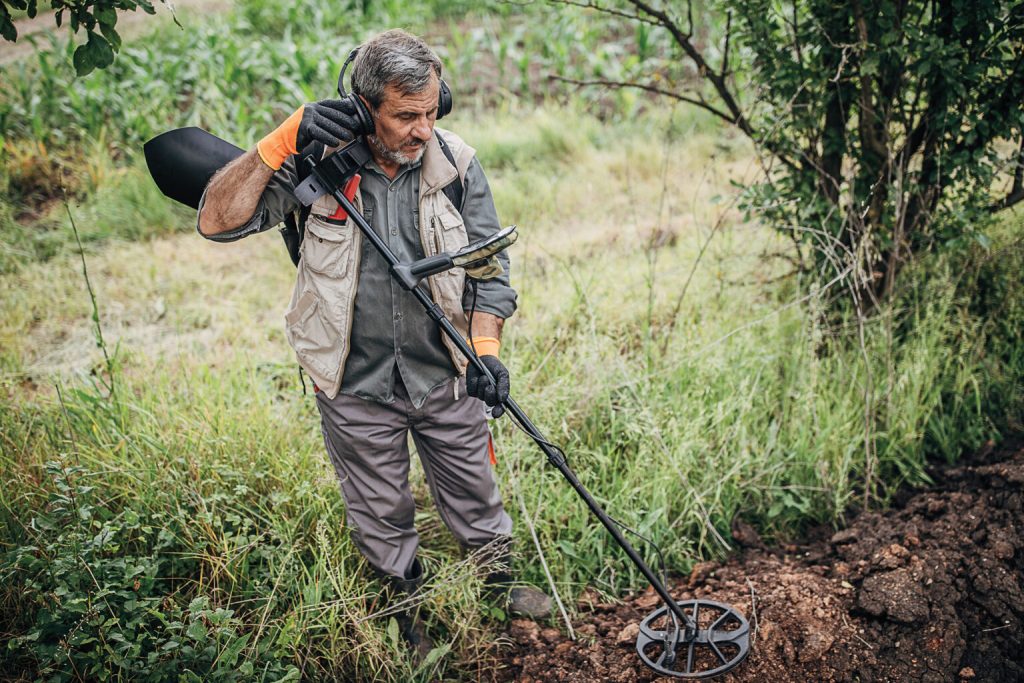
Teams follow clues and complete tasks to find a hidden treasure or finish a race.
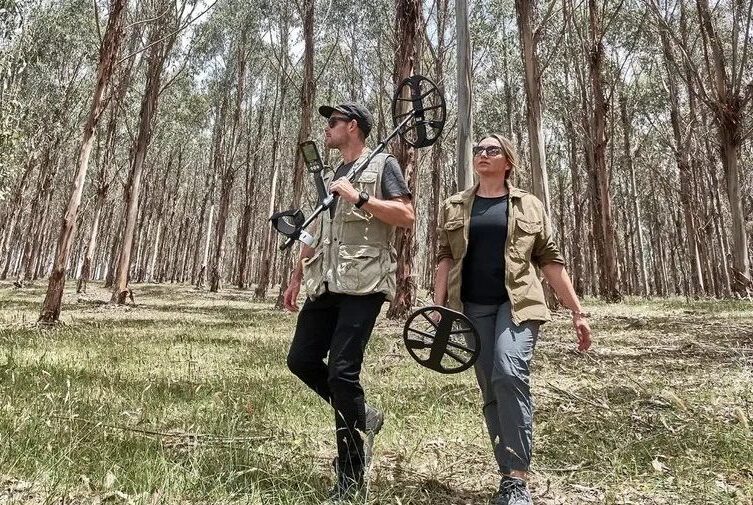
Promotes strategic thinking, communication, and teamwork.
Raft Building and Racing
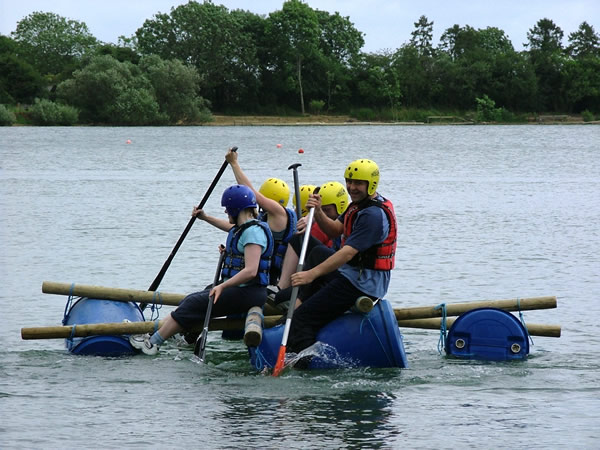
Teams are tasked with building a raft using provided materials and then racing it across a body of water.
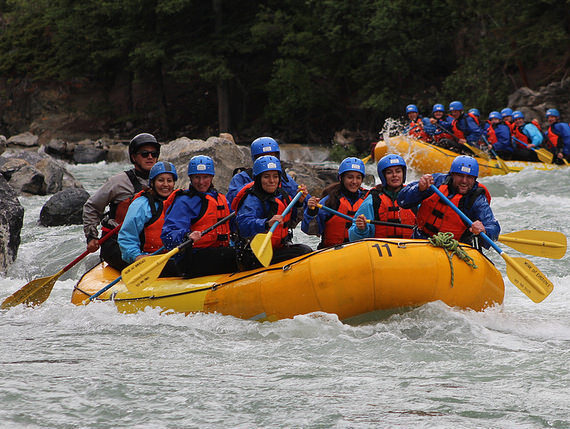
Encourages creativity, resourcefulness, and cooperation
Ropes Courses
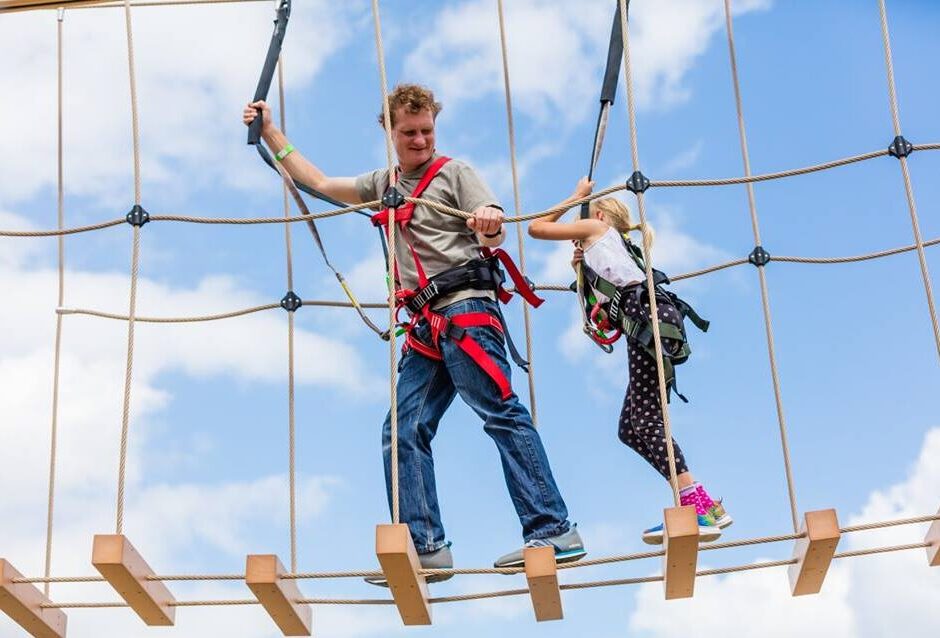
High and low ropes courses challenge participants to traverse ropes, ladders, and other obstacles, often at significant heights.
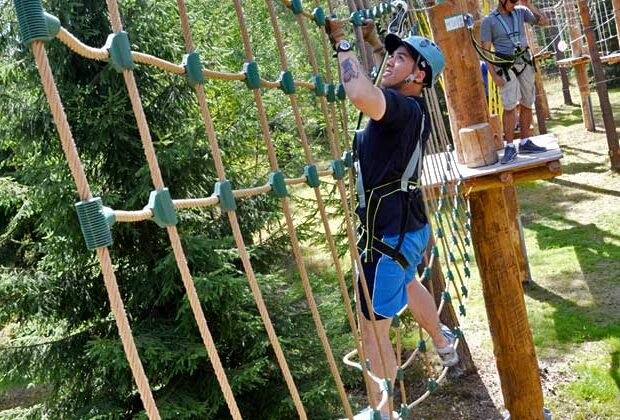
Enhances trust, confidence, and team cohesion.
Camping and Outdoor Survival

Teams are taken on a camping trip where they learn survival skills such as building shelters, starting fires, and finding food.

Encourages collaboration, adaptability, and leadership.
Sports and Adventure Activities
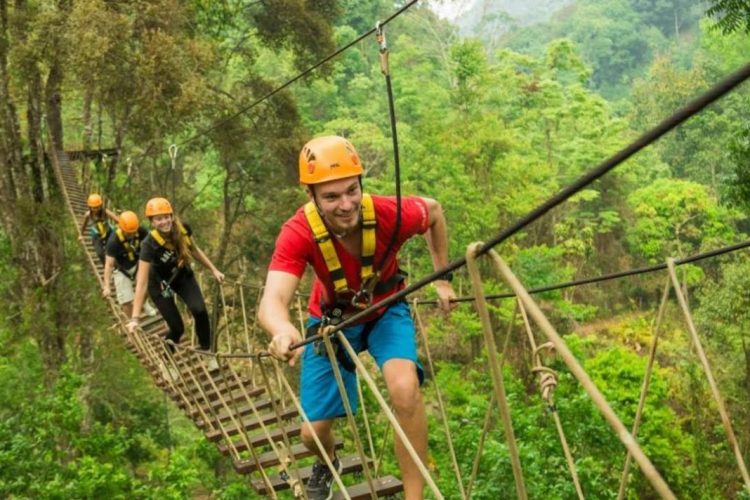
Activities like rock climbing, kayaking, paintball, and zip-lining.
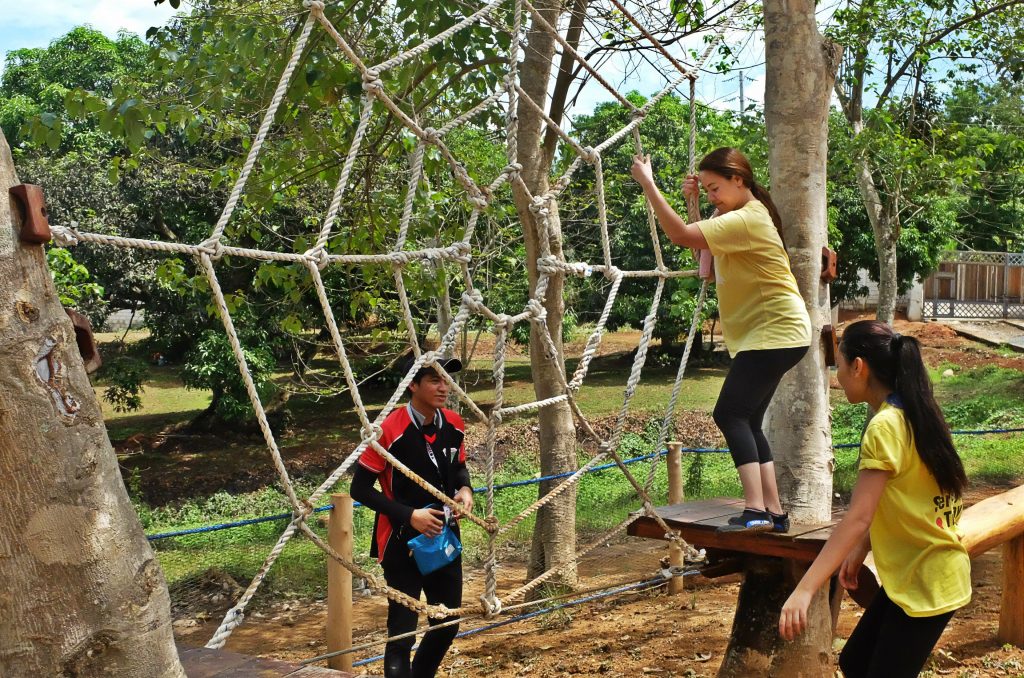
Promotes physical fitness, teamwork, and stress relief.
Problem-Solving Challenges
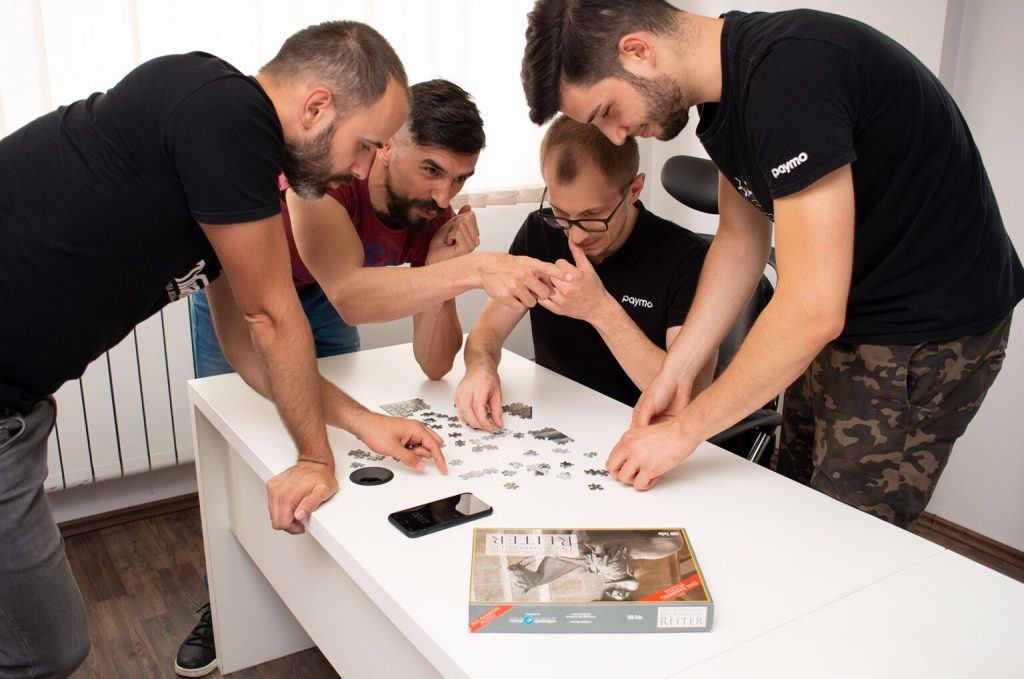
Teams are given complex problems or puzzles to solve within a time limit.
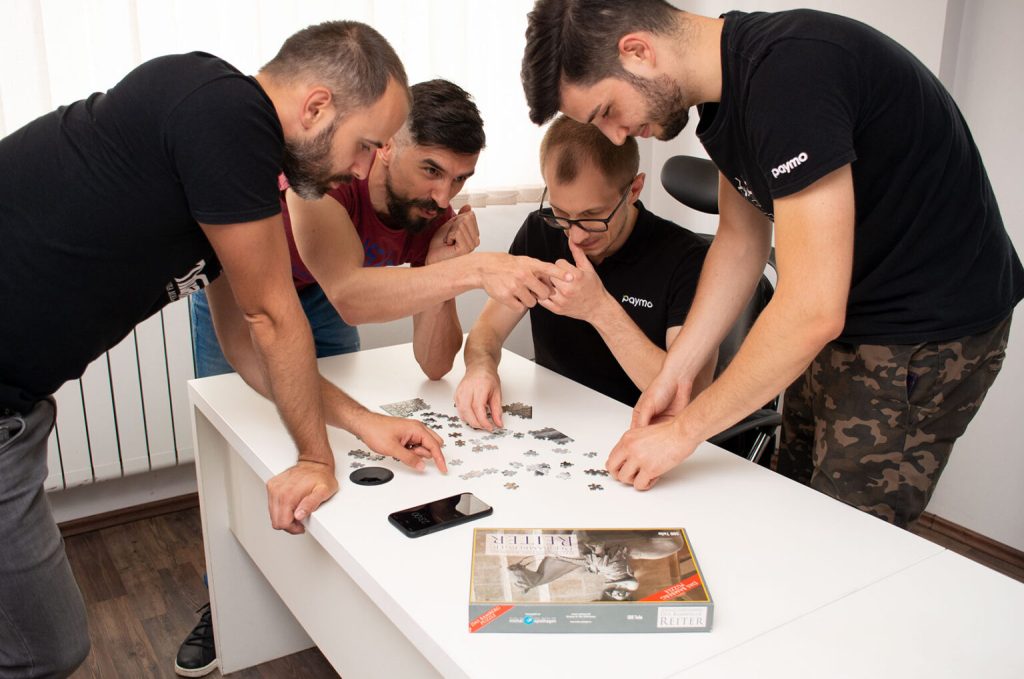
Enhances collective problem-solving and critical thinking skills.
Scavenger Hunts

Teams search for specific items or complete tasks in a designated area.

Encourages teamwork, strategic planning, and exploration.
